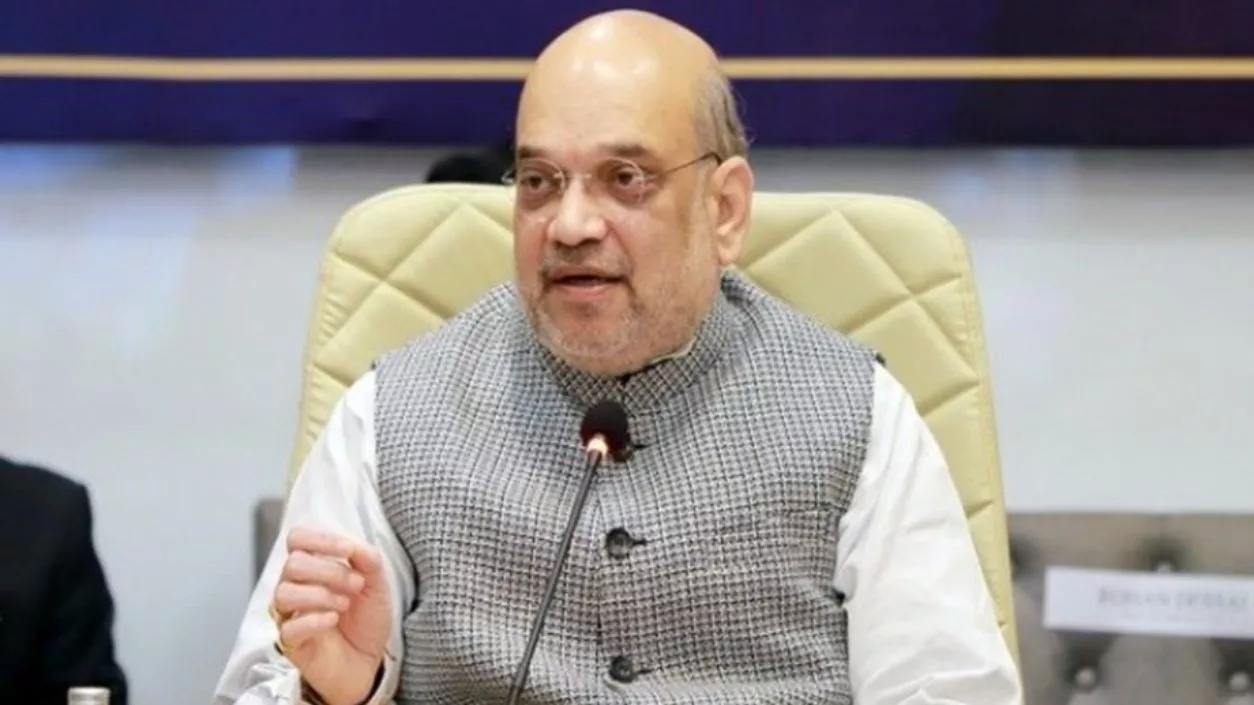Protests erupt outside Kasba Police station as 3 arrested in alleged Kolkata college gang rape
.gif)
.gif)

Union Home Minister and Minister of Cooperation Amit Shah on Wednesday, while discussing the Tribhuvan Sahkari University Bill, 2025, in the Lok Sabha, asserted that the Bharatiya Janata Party (BJP) will win the upcoming West Bengal Assembly elections. He stated that the “lotus” has already bloomed in Delhi and will bloom in Bengal as well. Shah also emphasized that once BJP comes to power in the state, the Centre’s Ayushman Bharat Yojana, which provides financial assistance of up to ₹5 lakh for medical expenses, will be implemented there. “Now only West Bengal remains… after the elections, lotus will bloom there too, and Ayushman Bharat will come here too,” he said.
The Tribhuvan Sahkari University Bill, which was passed by voice vote, seeks to establish the Institute of Rural Management Anand (IRMA) in Gujarat as a university of national importance. Shah, while discussing the bill, paid tribute to Tribhuvandas Patel, the pioneer of India’s cooperative dairy movement, and credited Sardar Vallabhbhai Patel for encouraging him to start a cooperative for farmers. He highlighted that the bill aims to strengthen rural economies, promote self-employment, and enhance opportunities in research and innovation. “Cooperation is a sector that connects every family in the country. There is some unit in every village which is engaged in agriculture, rural development, and self-employment through cooperation and is contributing to the progress of the country,” Shah said.
Shah also underlined the significance of the cooperative sector in India’s economic growth, stating that it allows individuals to participate in entrepreneurship with minimal capital. “The only way to connect a person with entrepreneurship without capital is the cooperative sector, through which crores of people are coming together with a capital of ₹100 each and are starting their own ventures, living equally, getting jobs, and contributing to the development of the country through self-employment,” he said. He further stated that after the bill’s passage, it will help in rural development by providing a structured framework for cooperative education and training in the country.
.webp)
Muslim family leads 400-year-old Rath Yatra in Howrah symbolising Bengal’s communal harmony

Protests erupt outside Kasba Police station as 3 arrested in alleged Kolkata college gang rape